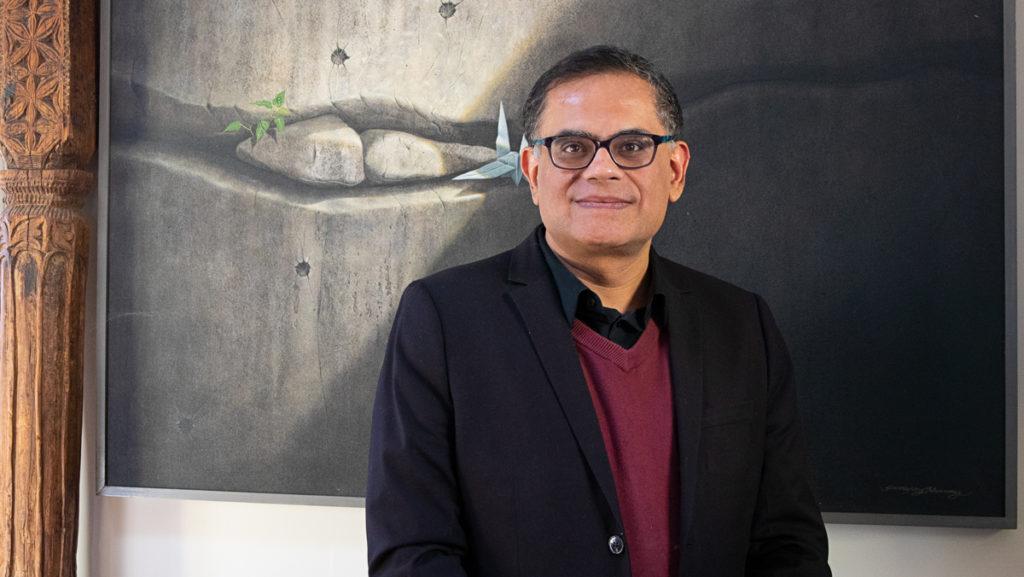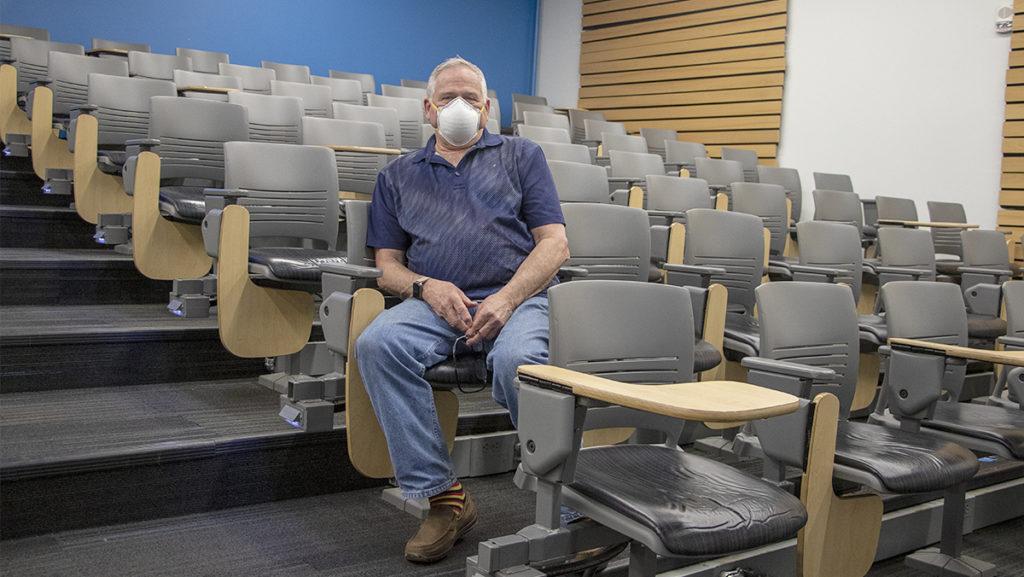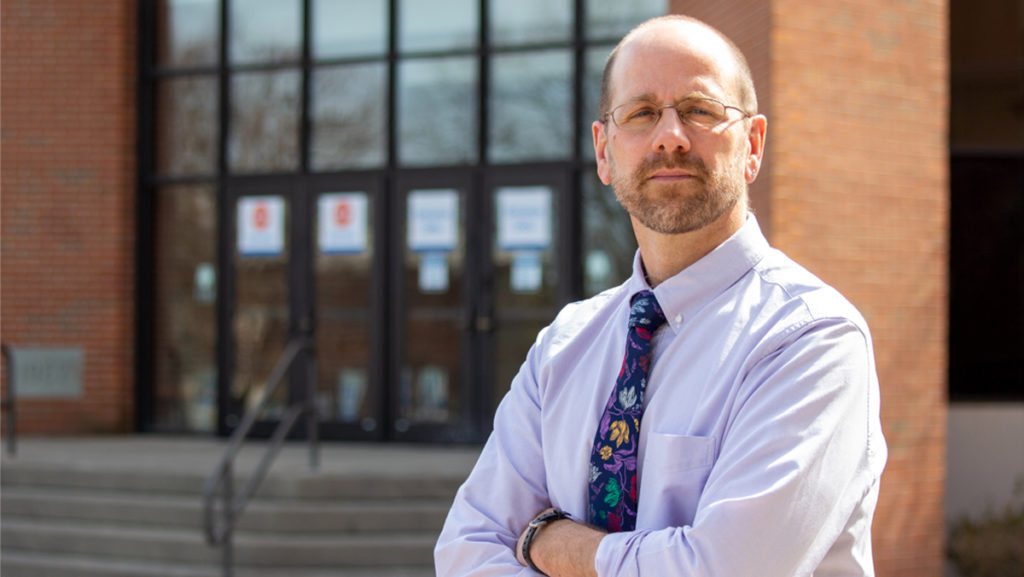For months, the Ithaca College community has been in a state of turmoil. The pandemic era has impacted every sphere of human activity including higher education. Within a year, the shape of IC’s present and future has changed causing consternation, especially among the faculty members. I have tried to keep up with the multiple conversations that continue in the somewhat impersonal Zoom sessions — not to mention the variety of commentaries, petitions and emails — that all point toward the disquiet that continues to brew.
Cutting down 116 full-time equivalent faculty members at a well-known place of higher learning makes news. Indeed, IC has become a part of national discussions and news coverage. Amid the cacophonous noises and seemingly well-intentioned messages by the management, a few central questions remain unanswered.
Despite the disruptive nature of the pandemic, it has been a time for reflection and reprioritization. Within the United States, the self-confessed Mecca of capitalism, elites in response have adopted unprecedented injections of public spending through the two major stimulus packages worth more than 4 trillion dollars. Public health is fast emerging as a global priority. There is a renewed focus on climate change here and abroad. Whether the new commitments translate into well-resourced long-term policy is yet to be seen.
At IC, not surprisingly, the response to the pandemic has involved some revisioning through ‘The Shape of the College’ and other instruments. But the crisis requires a bigger rethink beyond balancing the books. The argument unfolds as follows: with declining enrollment, the size of college will shrink and therefore we need to cut costs. But those asked to leave are already low-paid, vulnerable instructors.
The much-celebrated neoliberal virtue of austerity is at work. This approach presents two problems. First, austerity programs seldom work and end up depleting institutions. When applied to countries by organizations such as the International Monetary Fund (IMF), the results have been devastating. Second, faculty cuts may end up making the college even less attractive to potential students. High school students and their parents, among other things, value the quality of teaching and the intellectual standing of the faculty.
Faculty members are also concerned about the alleged lack of transparency. Inclusiveness, transparency and accountability in the decision-making process constitute the heart of sound governance. Data reveals enrollment was falling even before the pandemic. Certainly, the faculty are not responsible for the current crisis. The admissions office and other related units need to be questioned as to why they have lagged behind while other colleges have made adjustments to thrive. Laying this crisis at the door of faculty is at best a diversion.
Furthermore, the cost-cutting measures that have become necessary need to be evenly applied. The number of faculty cuts has been made public. Yet, the scale of the administration’s own voluntary salary cuts and a review of the administrative positions actually needed are yet to be shared with the community. In principle, the administration must also share the pains of austerity. The administration versus faculty debates are not unique to IC. However, in such critical times of institutional reorganization, these changes need to be seriously debated with openness. A comprehensive college, with the integration of liberal arts and professional schools, necessitates robust dialogue and examination.
This distinctive moment is also a time for democratic deliberation, not simply reporting on balance sheets and numbers. The future vision should hold intellectual ideas at its core. It is this kind of education that would make the IC academic experience invaluable for the incoming students. The realignment of schools, departments and degree programs needs to be based on the imagination of those who teach, think, research and write — the faculty. It is the faculty that comprises the intellectual heart of the community
We understand that the IC senior leadership — two dynamic women of color — have braved public health and economic crises and they need our support. But they also need to hear the dejected voices of those marginalized in the decision-making processes.



















